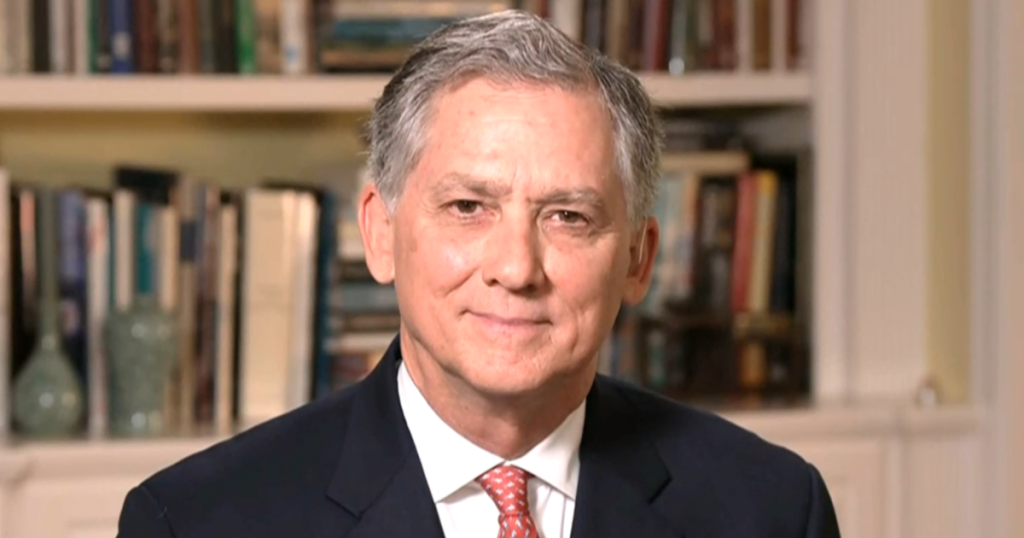In the interview with Rep. French Hill, he expresses his support for federal help to rebuild the Interstate 40 bridge in Baltimore, following a recent collapse. He emphasizes the importance of states working with the federal government to address the issue and mentions the role of insurance and private settlements in the process. Rep. Hill shows willingness to support federal funding for infrastructure projects, indicating a collaborative approach to ensure the bridge is restored for the benefit of Baltimore residents.
The conversation then shifts to national security concerns, specifically the expiration of key surveillance tool 702 on April 19. As a member of the Intelligence Committee, Rep. Hill is confident that Congress will renew the authorization for the use of this critical surveillance tool. He also mentions the need for reforms in the operation of the Foreign Intelligence Surveillance Court, which he believes will have bipartisan support among House Republicans. Rep. Hill underscores the importance of maintaining these surveillance capabilities for national security purposes.
Rep. Hill discusses the timeline for moving aid to Ukraine, Taiwan, and Israel, following the extension of the FISA court and 702 authorization. He expresses support for quickly providing supplemental appropriations to these countries, particularly emphasizing the urgency of aid for Ukraine. Rep. Hill also mentions efforts to attach a provision that would allow the U.S. to seize Russian assets for the reconstruction of Ukraine, a move aimed at holding Russia accountable for its invasion. He believes this provision would strengthen the overall aid package and garner support in both the House and Senate.
The conversation touches on internal party dynamics, with Rep. Marjorie Taylor Greene threatening to oust Speaker Johnson if certain actions are taken, including a vote on Ukraine aid and reauthorization of 702. Rep. Hill refutes the idea that the Republican base would oppose such actions, stating his belief that there is bipartisan support for defeating Putin and supporting Ukraine. He argues that it is in America’s best interest to stand against authoritarian aggression, highlighting the importance of bipartisan unity on foreign policy matters. Rep. Hill does not see the speaker at risk of being ousted based on these actions.
In conclusion, Rep. Hill’s interview reflects his position on various key issues, including infrastructure funding, national security, foreign aid, and party dynamics. He emphasizes collaboration between states and the federal government, support for surveillance tools, and the need for swift aid to Ukraine. Rep. Hill’s stance underscores a commitment to national security and foreign policy approaches that align with bipartisan principles. The interview provides insight into the congressman’s views and priorities within the current political landscape.


